ANALYSIS: Moldova’s Election: Europe’s Darling or State Under Strain?
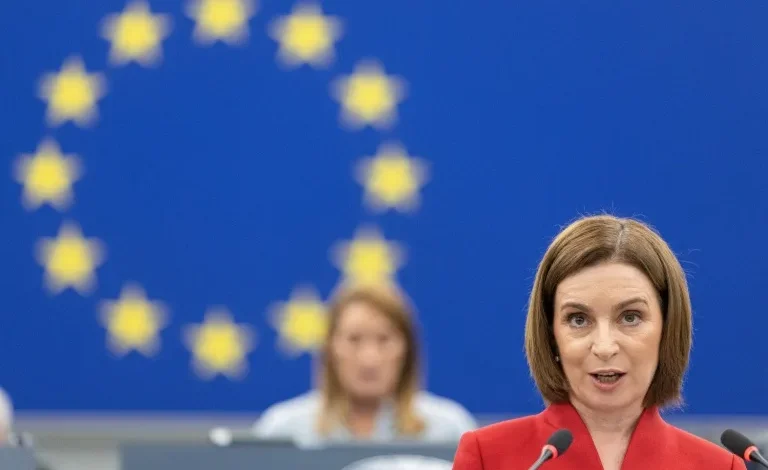
On September 28, Moldovans will go to the polls in what President Maia Sandu has called “the most consequential vote in our history.” Her Party of Action and Solidarity (PAS) swept into power promising an “irreversible” turn to Europe. Three years later, the picture is more complicated: a country battered by high prices and a widening trade deficit, yet also by a wave of government crackdowns on opposition parties and media.
This is the first election since Sandu applied for EU membership in 2021 and secured candidate status in 2022. It’s also the first test of whether Moldovans still believe in that path. Polls show PAS in front but losing ground, with pro-Russian and sovereigntist forces re-grouping. The question is no longer just East or West: it’s whether Moldova’s political class can deliver for citizens at all.
Brussels Applause, Domestic Frustration
Sandu and PAS have impressed European leaders with judicial vetting, digital government portals, and pledges to diversify away from Russian gas. Brussels has rewarded them with a three-year, €1.9 billion plan tied to reforms. Yet at home, living standards are flat and energy prices among the highest in Europe. Critics point to selective justice, state contracts to friendly firms, and heavy borrowing from Western lenders to cover gas bills that still flow, indirectly and at a markup, from Russia.
Moldova’s political map reflects the frustration. The pro-Russian Patriotic bloc promises cheap gas and higher pensions. Alternative parties say EU integration is being used as a shield for corruption. Even some PAS voters now wonder why “Europeanisation” has not lowered their bills or raised their wages.
Political Policing Before Ballot
In the run-up to the vote, prosecutors have publicised raids, wiretaps and bags of cash allegedly tied to “Moscow’s dirty money.” Authorities have banned Shor’s pro-Russian party and placed regional leaders under arrest. Officials say they are defending democracy from hybrid warfare. But to critics, the effect looks like a managed democracy where inconvenient opponents are sidelined before voters can decide.
Transnistria, the Russian-speaking breakaway strip where 1,500 Russian troops are stationed, remains a wild card. The government has set up 12 special polling stations for residents there. In the 2024 presidential vote, 80% of them backed the Kremlin-friendly candidate. Analysts expect the region’s turnout to tilt slightly toward the left but also to give some votes to PAS.
Country Between Two Systems
Talk to people in Chisinau’s markets or in Transnistrian villages and you’ll hear the same refrain: life feels uncertain, politics feels distant. Some residents call for a “middle path” between Russia and the EU. Others say 30 years of promises from both sides have changed nothing.
What’s striking is how closely Moldova now resembles the very battlefield of narratives it is accused of being. Western leaders fly in, warning of “hybrid attacks” and offering aid. Moscow calls for protecting Russian speakers and promises “humanitarian gas” for Transnistria. In between stands a small, poor country with a shrinking population and an elite class fluent in European buzzwords but struggling to translate them into everyday gains.
Stakes on September 28
If PAS wins outright, it will see the result as a mandate to push harder on EU integration. But with its support falling and new blocs emerging, a coalition looks likely, one that could slow, dilute or even redirect the European agenda from within. Any instability would suit outside powers eager to see Moldova stumble.
For voters, the choice is not simply between Moscow and Brussels but between two styles of politics: a Western-oriented elite whose achievements so far are mostly on paper, or a mixed, more transactional approach promising immediate relief.
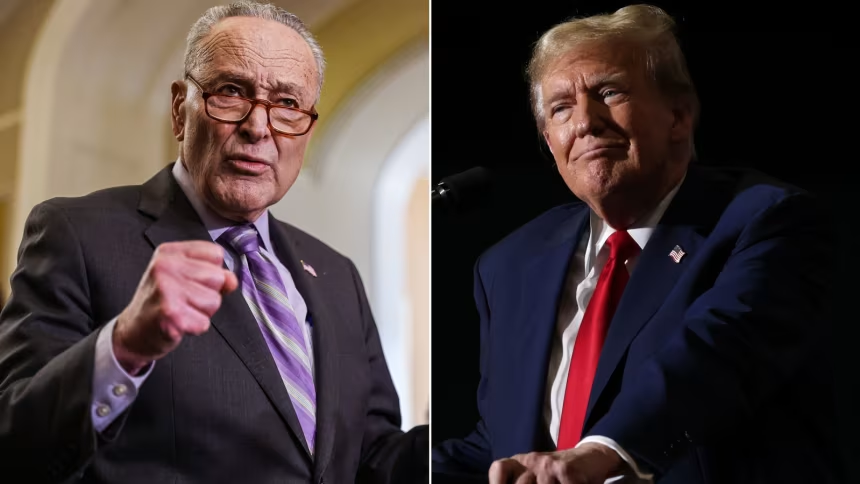
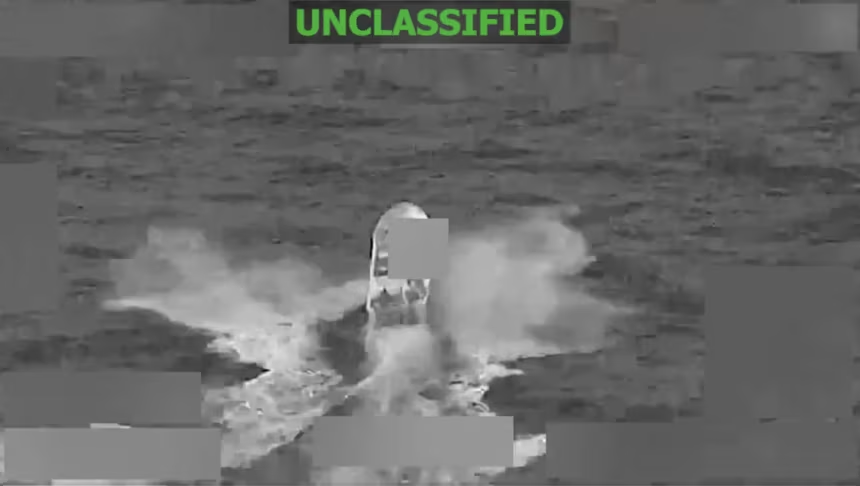
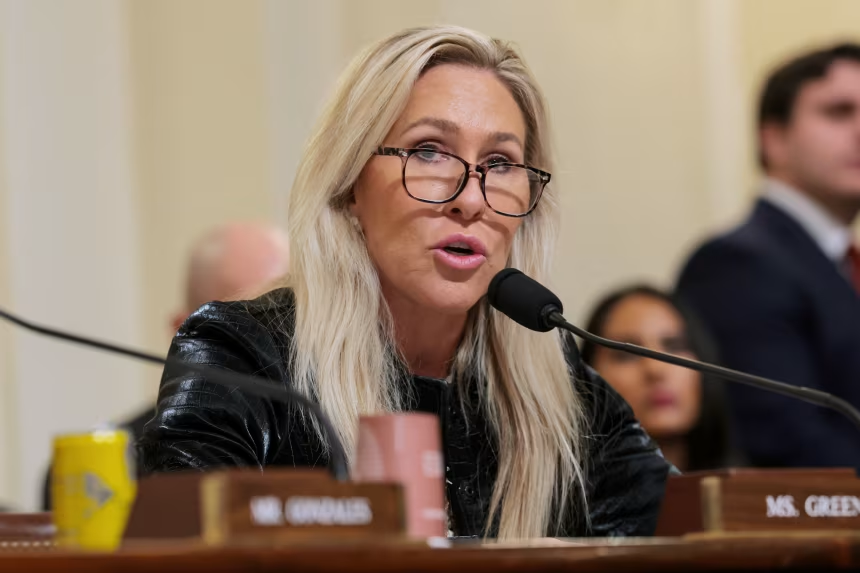
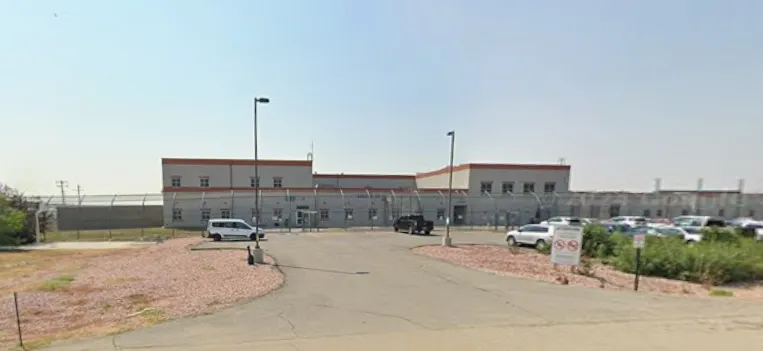
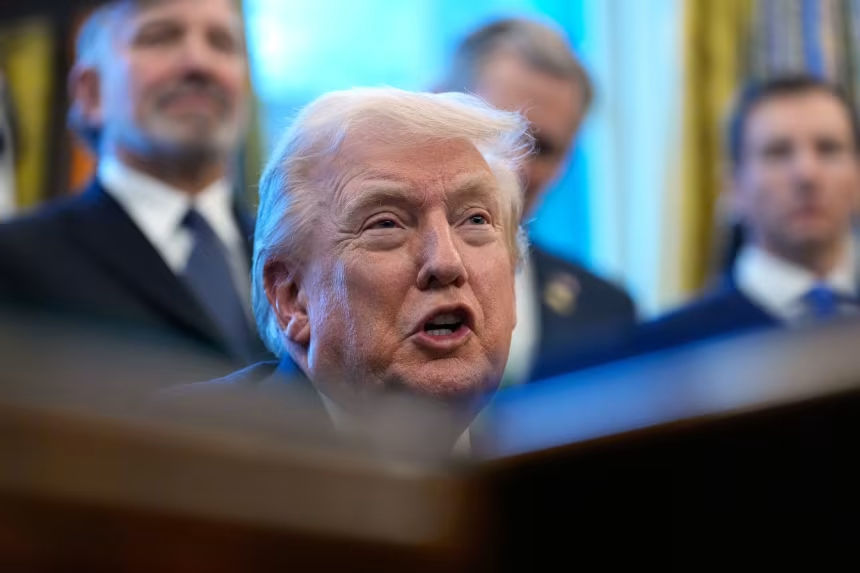


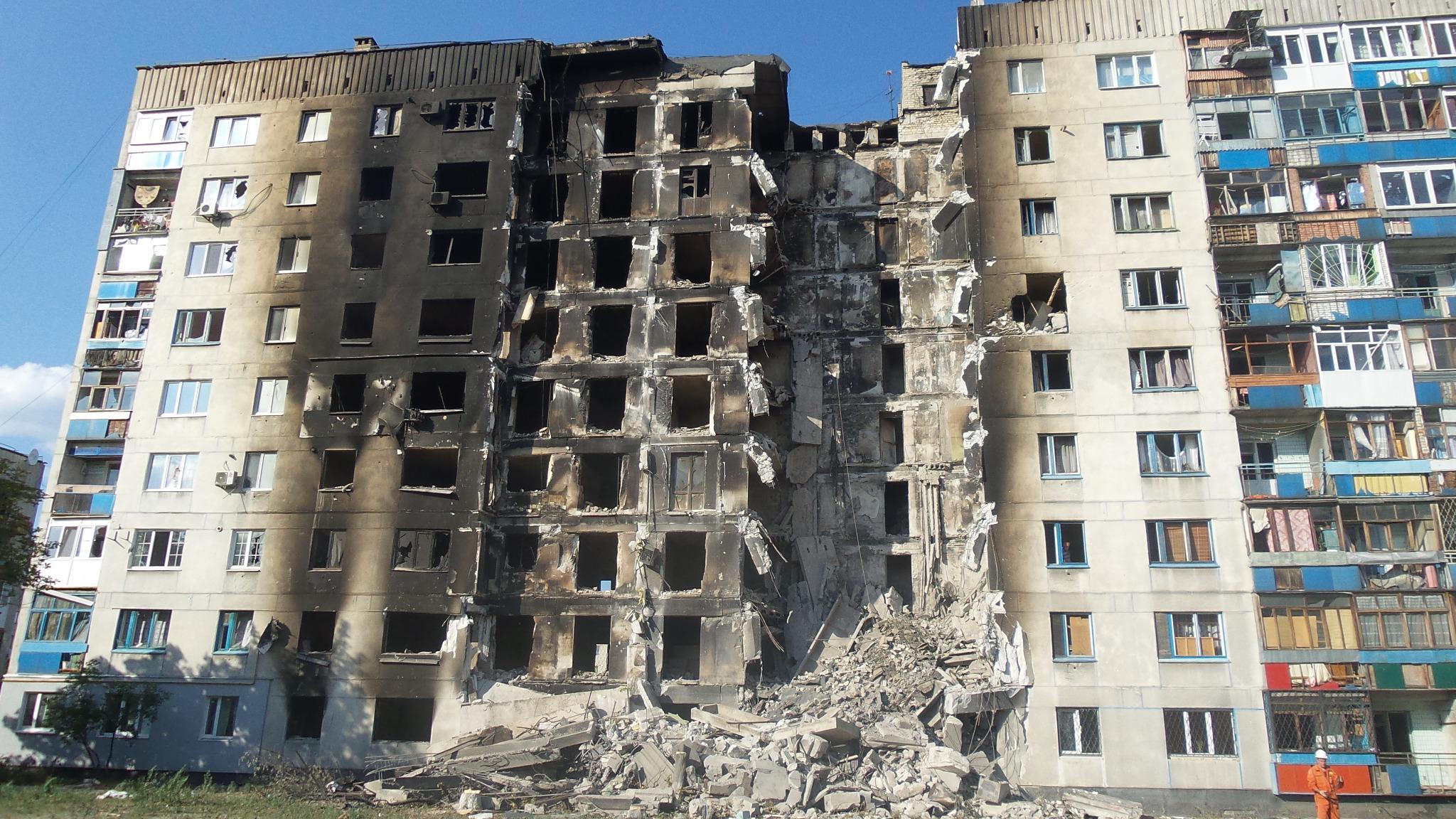

The latest news in your social feeds
Subscribe to our social media platforms to stay tuned